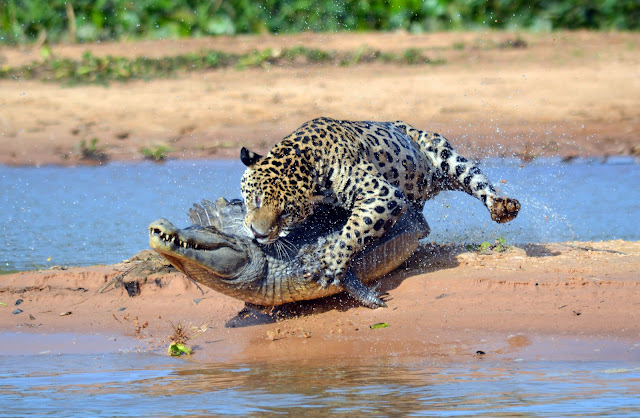A new dawn...
“The basic science is not physics or mathematics but biology--the study of life. We must learn to think both logically and bio-logically.” — Edward Abbey
•••
There are a number of significant events in every person’s life. Finding and touching your first wiggly worm, learning to ride a bike, and going on an overnight fishing trip with your best friends and running out of food and beer before midnight come to mind.
Significant events act as milestones in our life. You’ve probably heard the phrase, “Do you remember where you were (or what you were doing) when _____________?” Depending on your age, the question might relate to the first landing of people on the moon, or JFK’s assassination, or, more recently and catastrophically, the destruction of the north and south towers of the World Trade Center complex. No one asks when you had THE Roger Tory Peterson ask what bird you were watching (my response? “I don’t know, but it has eye rings”), or when you caught your first fish.
Today (or yesterday, depending where you are on the planet), I hit a significant event. As of 1 January 2018, I am on “phased retirement.” I’m scheduled to teach for the next 2 fall semesters, then I’m completely, utterly, and irrevocably retired. I don’t know what happens next. Edward Abbey wrote, “Everyone should learn a manual trade: it’s never to late to be an honest person.” My first 2 summer jobs were as a janitorial aide in an elementary school (I never knew kids could pee so high on the bathroom stalls). Then there was a summer working in an aluminum foundry (for a while, I was a card-carrying member of the AFL-CIO), and a sweaty and odiferous summer scraping dead animals off the road, being a flagman, and chipping and sealing roads for the Ohio Department of Highways. When I graduated from THE Ohio State University, there were no permanent wildlife jobs to be had. So I worked temporary or seasonal jobs for the next 2.5 years. These included 2 summers working on an urban mourning dove project, a fall project on starling roosts, and time in a tannery, a photography studio, a hospital pharmacy, and working for a project measuring the compaction of soil on farmlands after the application of treated sewage sludge.
Earlier, right after graduation, I had applied to graduate school at OSU and had been accepted to work on a project investigating deer-vehicle collisions with Tom Townsend, but the project funding never developed. Later, I applied to the University of Nebraska, Lincoln, because a friend (Don Althoff) had gone there and recommended it. I didn’t hear back from them, and forgot about it. One day in 1978, I got either a call or a letter (I can’t remember now, but I think it was a call from Ron Case) with an offer for a 2-year MS research assistantship at UNL. Time to move west! Originally, my plans were to study an endangered bird, the interior least tern. However, I shared an office with Ed Jochum, who was studying red foxes, and I decided to radiocollar coyotes that lived in the same areas as his foxes to see how they interacted. I think I collared 2, and they were both shot within a couple of weeks. It was not good to be a coyote in Nebraska! I ended up trapping red foxes and raising 5 to participate in a laboratory study involving optimal foraging theory, foxes, shrews, voles, and deer mice. Finally, when my assistantship had ended (being off track with the least tern and coyote ideas took some time from my 2 year assistantship), I paid the bills by selling camping equipment at a local sporting goods store (I was a good salesperson... my goal was to match the customer with the right equipment for their trip).
I wish I stayed in touch with my fellow grad students: Bill Ough (raccoon foraging), Ed Jochum (red foxes), Jim Bruner (beaver ecology), and Terry HInes (swift foxes). Alas, before Facebook and other modern technology (I wrote my thesis on an IBM-Selectric typewriter), staying in touch actually involved (gasp) writing letters, or calling and actually paying large sums for long-distance phone charges.. It got harder for some reason when I moved to California.
I think Ed Abbey would agree that I got a taste of a manual trade. When I graduated from UNL in 1980, I started off on my serious academic track that would last until now.








Comments
Post a Comment